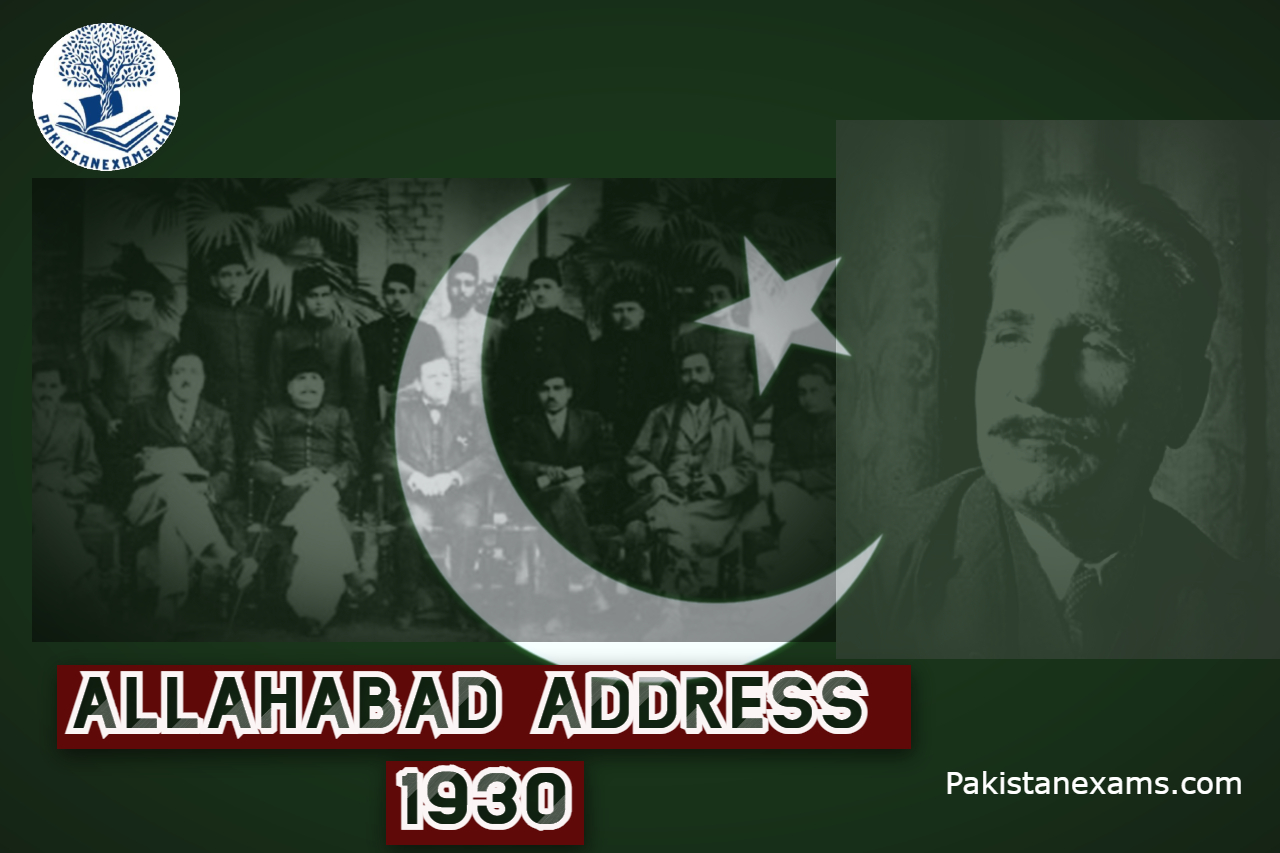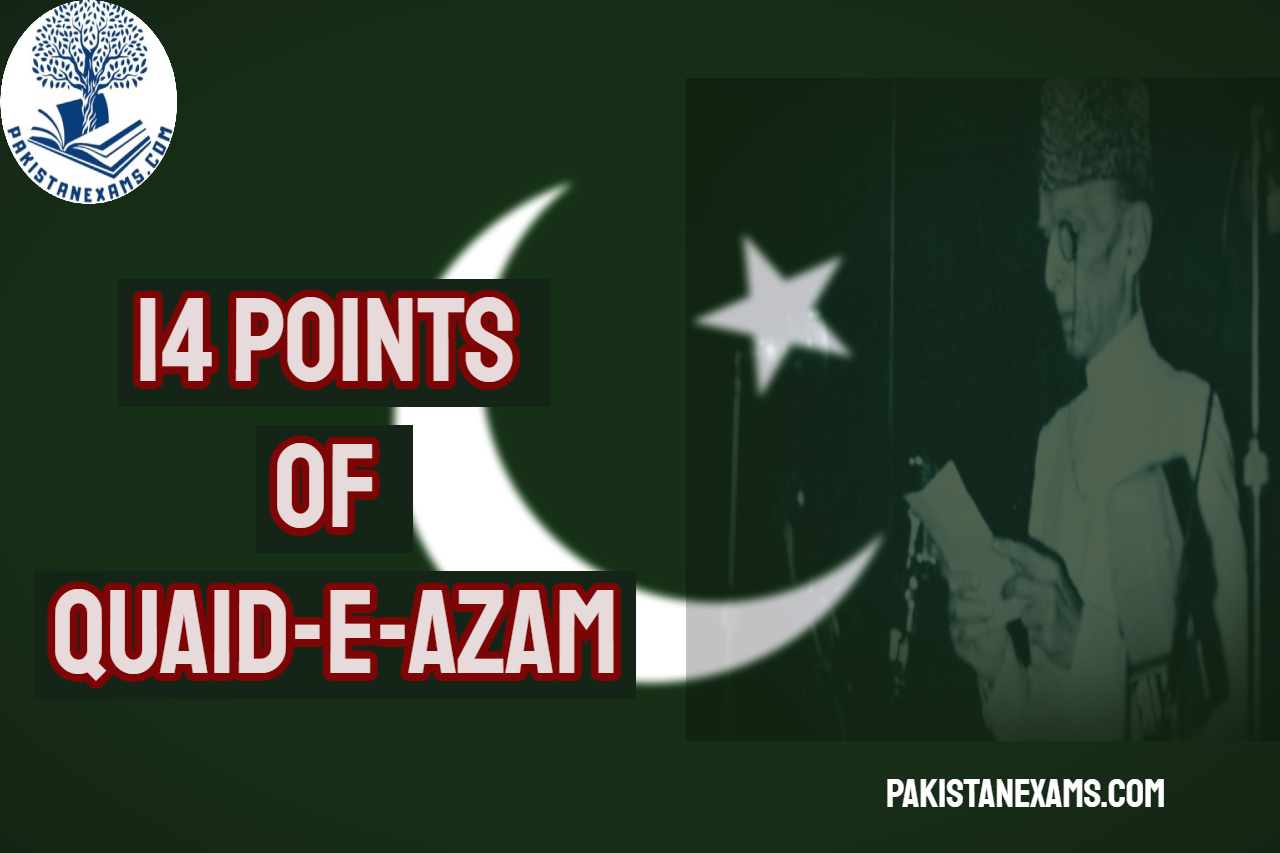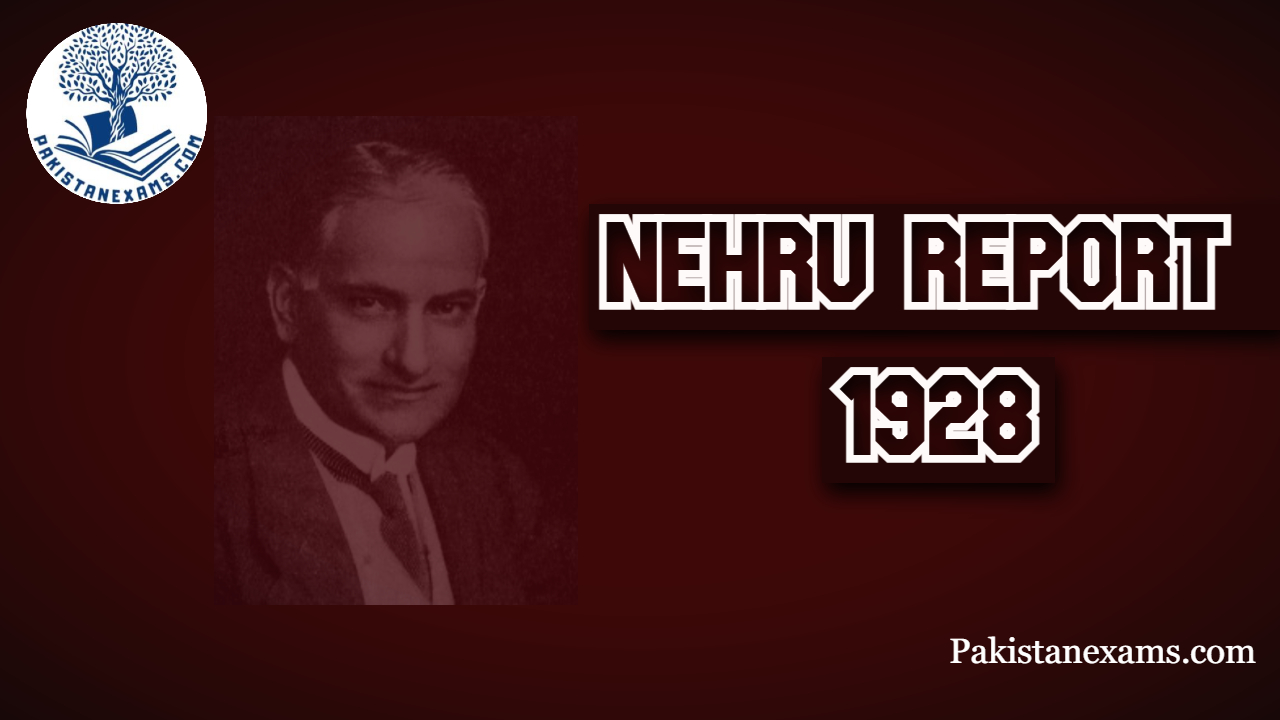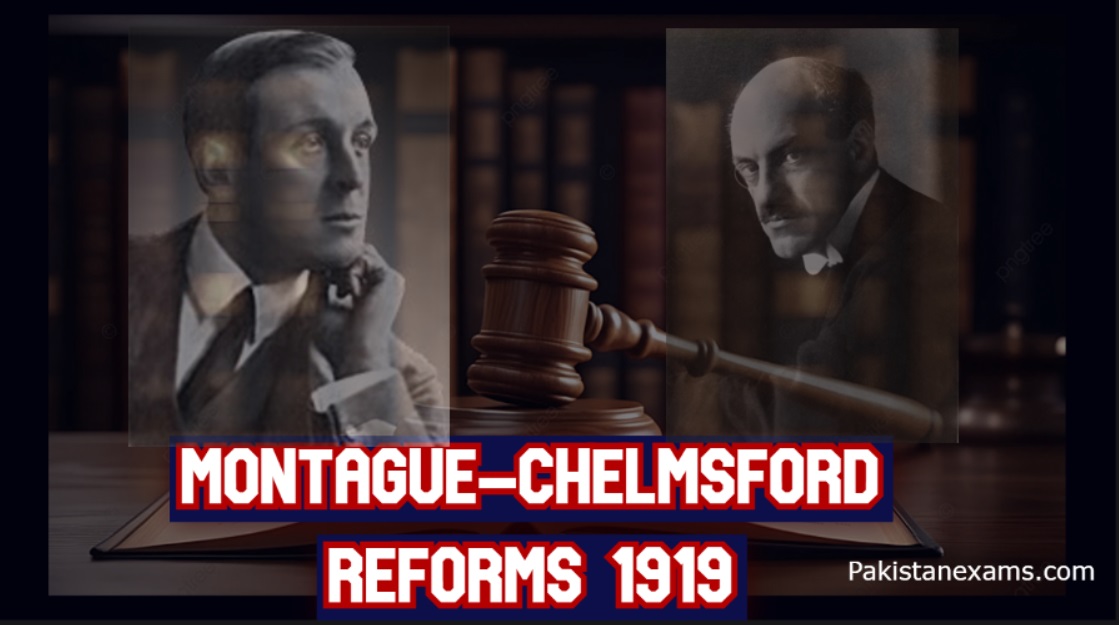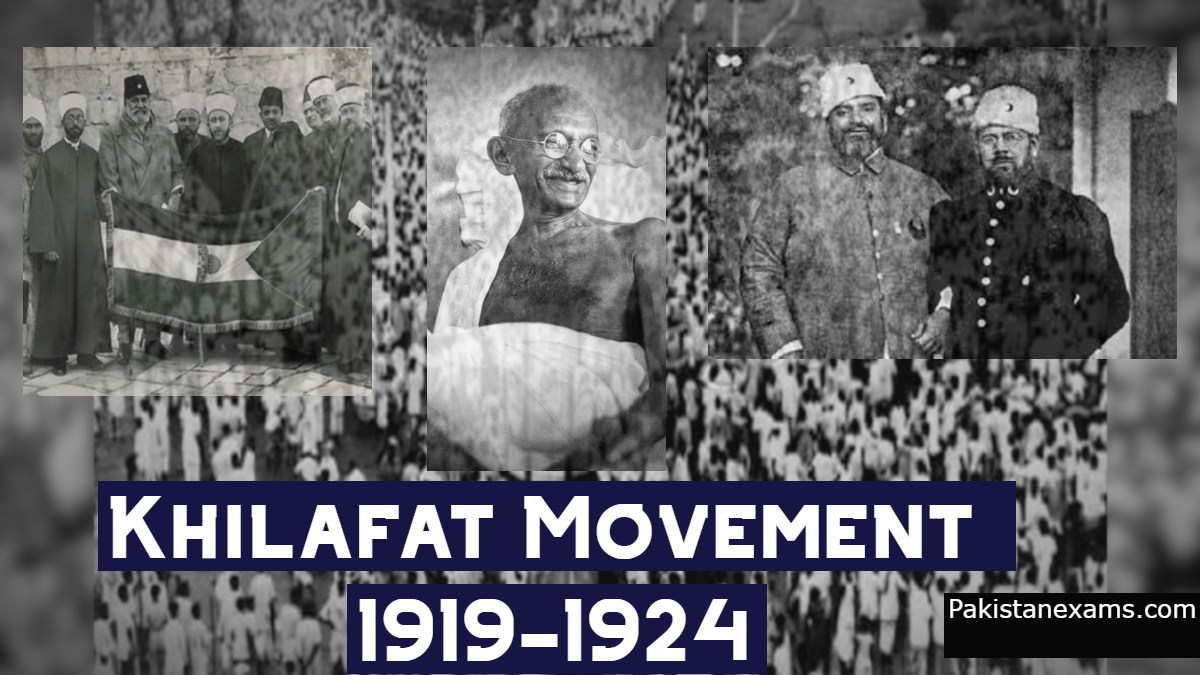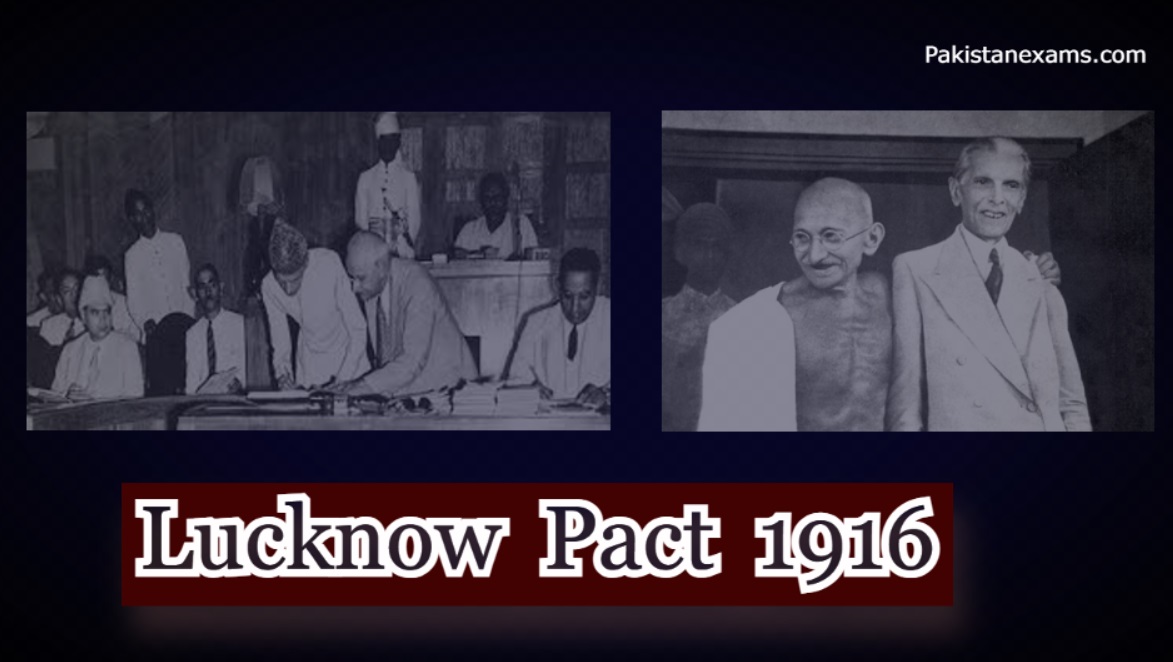Salient Features of the Government of India Act 1935
Background The Round Table Conferences had failed, therefore, the British government established a Joint Select Committee with the task of formulating the new constitution for India. It comprised 16 members from the House of Lords and the House of Commons. Moreover, 20 representatives from British India and seven from the princely states also joined the […]
Read More »

